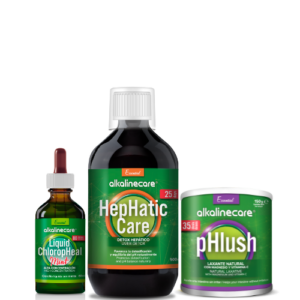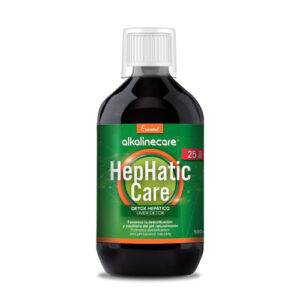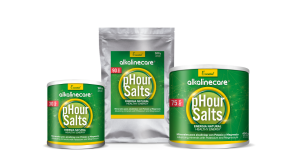Highly acidifying drinks like Coca-Cola are considered harmful to the body and should be avoided. Following an alkaline diet can help counteract their acidifying effects. Consequences of highly acidifying beverages.
Here’s a summary of the potential health risks associated with these beverages:
Consequences of highly acidifying beverages
Health Impacts of Coca-Cola and Similar Drinks
- Dental Issues: High sugar and phosphoric acid levels can lead to tooth decay and enamel erosion.
- Weight Gain: The excessive sugar content promotes weight gain and obesity, especially when paired with poor diet and inactivity.
- Chronic Diseases: Regular consumption increases the risk of type 2 diabetes, heart disease, and fatty liver disease.
- Bone Health Decline: Phosphoric acid may interfere with calcium absorption, raising the risk of osteoporosis.
- Digestive Problems: Caffeine and acid content can irritate the stomach and cause gastrointestinal discomfort.
- Addiction and Psychological Effects: Dependence on caffeine and sugar can lead to anxiety, mood swings, and insomnia.
Immediate Effects After Drinking Coca-Cola
- Within 10 Minutes: A sugar overload is suppressed by phosphoric acid, preventing immediate nausea.
- After 20 Minutes: Blood insulin spikes, converting sugar into fat.
- After 40 Minutes: Caffeine absorption peaks, raising blood pressure and blocking sleepiness.
- After 45 Minutes: Dopamine levels increase, stimulating the brain’s pleasure centers.
- After 1 Hour: The drink’s diuretic effect begins, expelling essential minerals like calcium, magnesium, and zinc, leading to potential irritability and weakness.
Ingredients in Coca-Cola
The active ingredient, orthophosphoric acid, requires highly resistant containers for transportation due to its corrosiveness. Other ingredients include:
- E150d (Caramel Color): Produced with ammonium sulfate, potentially harmful in excess.
- E952 (Cyclamate): A sweetener banned in some countries due to cancer risks in animal studies.
- E950 (Acesulfame Potassium): May affect the cardiovascular system and create nervous system dependence.
- E951 (Aspartame): Converts to toxic substances like formaldehyde at high temperatures.
- E211 (Sodium Benzoate): Linked to DNA damage and degenerative diseases like Parkinson’s.
Conclusion
The excessive consumption of Coca-Cola and similar beverages poses significant health risks. These drinks can damage teeth, promote chronic diseases, affect bones, and disrupt mental health. Their ingredients, including synthetic sweeteners and acids, have been linked to severe health concerns. Moderation and a balanced diet are crucial to mitigating these risks.
By reducing the intake of such highly acidifying beverages, individuals can improve their overall health and well-being, aligning better with a healthier and more sustainable lifestyle.













